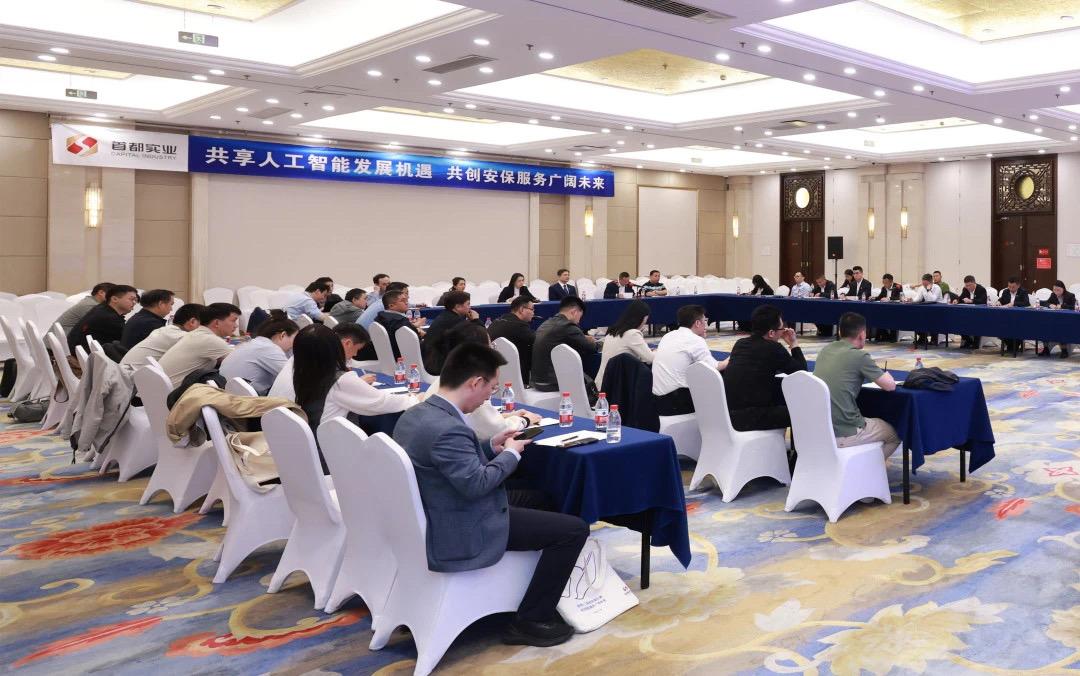Better Understanding the Research Ecosystem

RonaldRousseau. (COURTESY PHOTO)
By?RonaldRousseau
As the UNESCO states, science is mankind'sgreatest collective endeavor. The public, scientists and governments are alldirect or indirect participants in the scientific enterprise. Theirunderstanding and perception of science collectively influence whether scienceeffectively responds to societal realities.
As a participant in thescientific endeavor, the Journal of Data and Information Science (JDIS) focuseson the science of science from a data and quantitative perspective, aiming toenhance stakeholders' understanding of interactions within the scientificcommunity and the dynamics between science and society.
In recent years, sustainedexposure to academic misconduct worldwide has damaged the public's trust inscience and reduced the confidence of researchers. For the sake of betterscience, the JDIS has initiated a series of activities to respond to andreverse this situation.
The evolution of researchprestige
Historically, scientists andscientific institutions held prestige among peers and society. As scientificresearch evolved into a state-sponsored enterprise, the 19th-century efforts tomeasure scientific prestige, like Alphonse de Candolle's, who counted foreignmembers of scientific societies and academies, laid the groundwork.
In the 20th century, theadvent of indicators such as the journal impact factor (which measures howfrequently the average article in a journal has been cited in a particularyear) became proxies for assessing prestige and quality. Despite early warningsagainst using such indicators for individual assessments, the "publish orperish" mentality took hold, impacting research topics, publicationdecisions and career advancement.
Although earlybibliometricians such as Anthony van Raan (Leiden University, the Netherlands)warned not to use such indicators for the assessment of individuals, callingsuch a practice a mortal sin, past events led to the exact opposite. RecallJorge E. Hirsch's h-index, which was introduced by Hirsch in 2005, and iscalculated based on the number of papers a researcher has published and thenumber of times their papers have been cited. For example, if 107 of ascholar's 900 publications are cited more than 107 times, his h-index is 107.
The increased reliance onbibliometric indicators resulted in a culture of "playing theindicators," influencing scientists to prioritize quantity over quality.Research evaluations, often based solely on indicators, determined careertrajectories.
The dark side: fraud andpaper mills
In this environment,fraudulent practices, including data and image fabrication, became noexceptions anymore. Unscrupulous companies, known as paper mills, emerged,offering ready-made publications for sale. Some successfully infiltratedprestigious journals, leading to retractions and damaged reputations.
Retractions, while essentialfor maintaining scholarly integrity, pose challenges for publishers. Whileacknowledging that mistakes can occur, retractions due to fraudulent behaviordamage the reputation of authors, editors and publishers alike. Fraudulentpractices, including the use of paper mills, have posed a significant threat tothe credibility of published research.
The JDIS aggregates anddisseminates research that uses interdisciplinary approaches and large datasets to reveal the mechanisms underlying scientific research activities,thereby helping the public understand how science drives social progress,helping scientists improve their own work, helping governments develop morebeneficial policies, and ultimately contributing to promoting better science.
Combating scientific fraudand ensuring research integrity
In 2023, the JDIS issued aspecial call for papers on research integrity. The call aimed to encouragepolicymakers, scientometricians, publishers, institutions and researchers todelve into research strategies for countering academic misconduct.
The JDIS's commitment extendsbeyond publishing; it actively organizes symposia on crucial issues likeresearch integrity, fostering engagement with the editorial board and the broaderscientific community.
In conjunction with thepublication of the Research Integrity special issue, the JDIS, in collaborationwith Beijing Normal University at Zhuhai in Guangdong province, south China,organized a symposium in Zhuhai in 2023 addressing "researchintegrity." The symposium attracted representatives from leadinginternational publishers, including Wiley, Taylor & Francis, SpringerNature, Sage Publications, Elsevier, Frontiers, IOP Publishing, PLoS, IMRPress, and other organizations such as COPE, Crossref, China EducationalPublications Import & Export Corporation, the China Hospital ResearchIntegrity Alliance, and the Charlesworth Group.
During the event, amemorandum of understanding was signed, signaling the collaborative effort requiredto safeguard the integrity of scientific research.
Going forward, the JDIS willcontinue supporting policymakers and the public in understanding evolvingpatterns in scientific development and scientific growth. This includespromoting the prudent use of scientific evaluation tools and collaborativelycreating a supportive environment for research and innovation. All of theseinitiatives serve our ultimate goal, that is, enabling researchers to publishthe best possible scientific research to create a better life.
The author is theCo-Editor-in-Chief of the JDIS.
Comment
I see the JDIS asboosting the transition of China from playing a minor role in the informationscience field 20 years ago to being a major contributor today.
Twenty years ago, in Westerninformation science journals there seemed to be few articles written by Chinesescholars based in China. After this, there was an increase in submissions toWestern journals from China-based scholars but these tended to be veryquantitative-focused and methods-focused with a lack of theory, so the findingswere not very useful or impactful.
Today, there are manyimportant research groups and scholars in China in the field of informationscience that are looked up to in the West. I think this has occurred due toefforts like the JDIS, which has bridged and facilitated academic dialoguebetween China and the world. It has also served as a flagship to promote theidea of disseminating Chinese scholarships outside of China.
I am hoping that thefuture will see China introduce new approaches and topics in the field ofinformation science, leading the world in what is researched and how it isresearched in the field. This is perhaps the next stage and the JDIS would bethe perfect venue to host this transformation.
——Mike Thelwall,?the?commentator,?is?a?professor at theInformation School, University of Sheffield, the UK.







